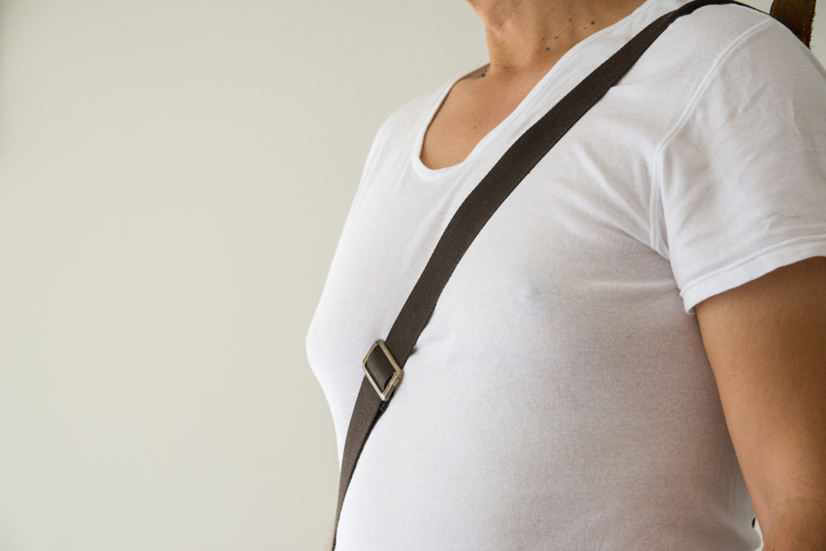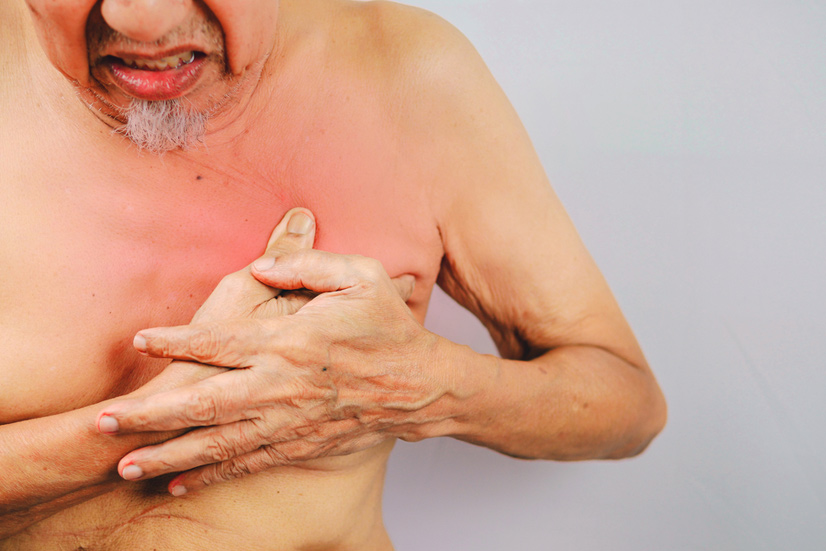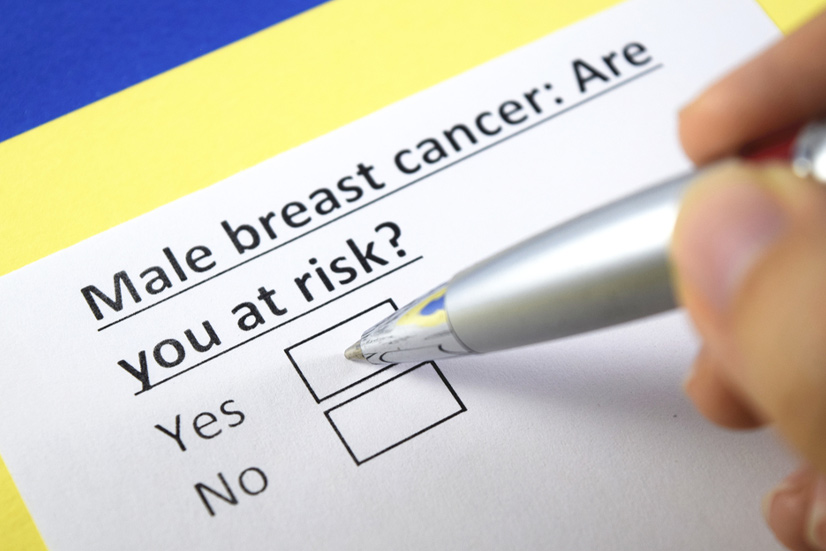
Breast cancer is one of the leading cancers among women. However, it can also occur in men. According to the World Health Organization (WHO), approximately 0.5–1% of breast cancers occur in men. Common risk factors are age, as most cases are found after age 50; family history; and inherited genetic mutations like BRCA1 and BRCA2. In addition, it is believed that gynecomastia, or 'man boobs,' is also a condition linked to an increased risk of breast cancer. We asked Dr Rachana Deepak Tataria, Consultant Plastic Surgeon, Fortis Hospital, Mulund, whether there is any truth or accuracy in this link or not.
Table of Content:-
Also Read: Can 'Man Boobs' Be A Sign Of Fatty Liver? We Asked An Expert
What Is Gynecomastia And How To Identify It In Men?

Dr Tataria describes gynecomastia as the growth of breast tissue in men. According to StatPearls Publishing, while the cause of most cases of gynecomastia is idiopathic, this condition most often occurs during times of hormonal change, such as at birth, during adolescence, and in old age.
Its main characteristics include a lump or fatty tissue under the nipple or a general increase in breast size. The chest may feel firm, rubbery, or hard, and some people, especially teenagers, may experience breast tenderness and soreness.
If you suspect gynecomastia, it is crucial that a trained medical expert perform a clinical examination in order to diagnose gynecomastia, advises Dr Tataria, adding, “Rarely, you will require a tissue biopsy, which is performed under radiological supervision while under local anaesthesia. Instead, you are frequently recommended to obtain a radiological examination, such as an ultrasound or mammography, to support the findings. A systemic assessment will also be performed on you as this may be linked to other medical issues.”
Does Gynecomastia Increase Breast Cancer Risk?

According to the doctor, gynecomastia is a benign, extremely common disorder that causes the breast glands to expand, either unilaterally or bilaterally. In certain cases, gynecomastia may slightly increase the risk of breast cancer in men, but the risk is still very small. A 2014 study published in the Journal of the National Cancer Institute (JNCI) found that gynecomastia significantly increases the risk of male breast cancer. Researchers noted that men with gynecomastia had nearly 10 times the odds of developing breast cancer compared to those without the condition. This association remained strong even after accounting for Body Mass Index (BMI), suggesting that the risk is independent of overall body weight or fat distribution. However, the condition is not the primary risk factor for male breast cancer.
Age, Kleinfelter syndrome, a family history of breast cancer with gene mutations such as BRCA1 and BRCA2, obesity, prior radiation, oestrogen treatment, and specific liver and testicular conditions are known risk factors for male breast cancer, says Dr Tataria.
Difference Between Gynecomastia And Male Breast Cancer Symptoms

While gynecomastia is seen as a risk factor for male breast cancer, it is also important to note that people may confuse the two conditions due to the overlapping nature of their symptoms.
“Both gynaecomastia and male breast cancer can present with breast lumps or disc-like central breast masses that may or may not be associated with pain and nipple discharge,” says Dr Tataria.
Hence, it is very important that in case of any concerns, you should get examined by an expert doctor and do further evaluation as necessary. The doctor advises performing self-examination at regular intervals and seeking medical advice in case of any concerns.
Bottomline
Maintaining optimum weight, leading a healthy lifestyle, and regular health checkups can reduce the risk of male breast cancer or detect changes at an early stage, which means timely treatment and better survival outcomes. For people who have gynecomastia, it is crucial to know that it is a curable and treatable condition. It can also go away on its own within a few years. In rare cases, surgery may be used to remove the extra tissue. Recovery time depends on the type of surgery but typically takes four to six weeks. However, it is best to consult a plastic surgeon or a healthcare provider.
How we keep this article up to date:
We work with experts and keep a close eye on the latest in health and wellness. Whenever there is a new research or helpful information, we update our articles with accurate and useful advice.
Current Version